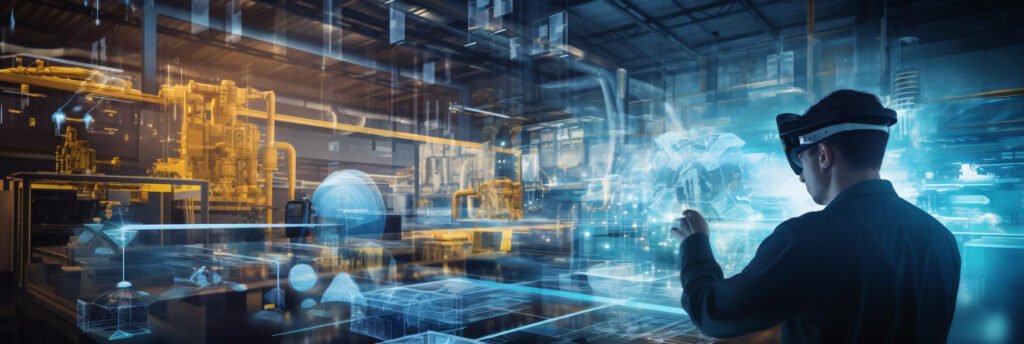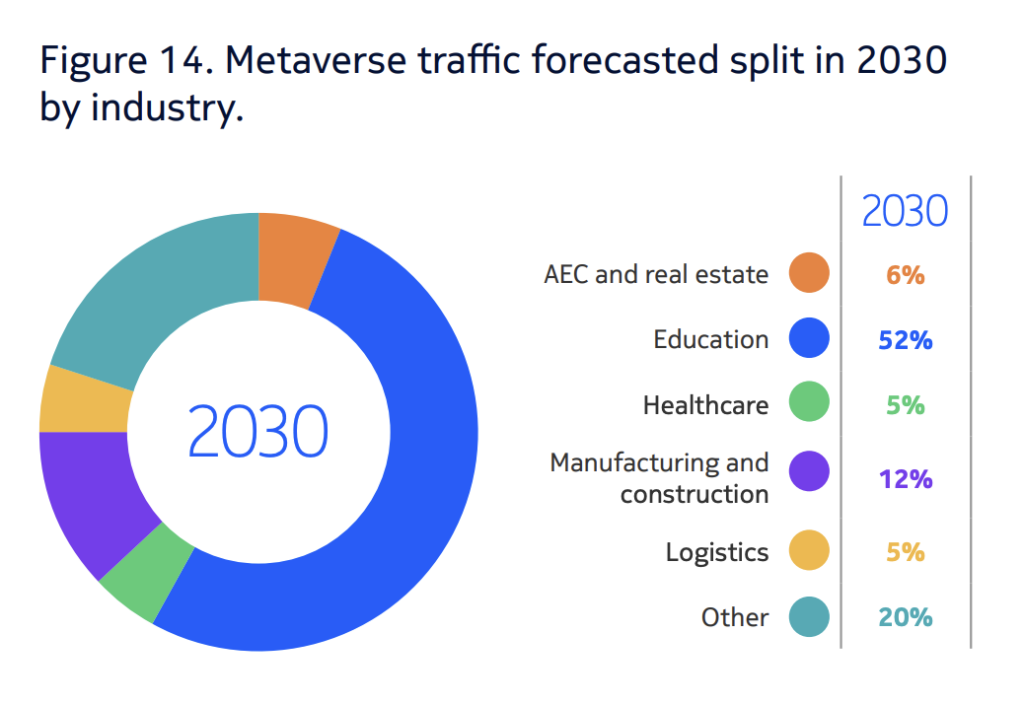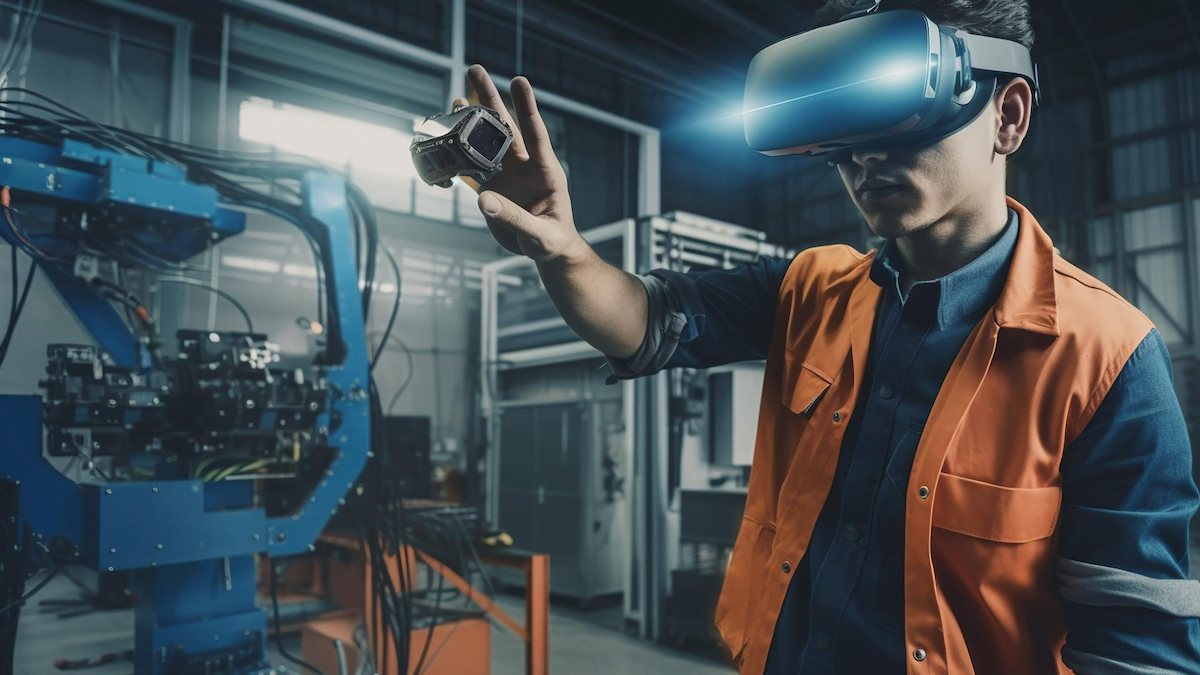Nokia is at the forefront of technological evolution, preparing for a significant increase in network demand by 2030 due to the rapid growth of Metaverse, Web3, and AI. The company’s Technology Strategy 2030 report outlines its plans to enhance its network infrastructure and services to meet this expected surge.
Strategic investment for future technology
Central to Nokia’s future-focused strategy is significant investment in network technologies essential to navigating the expanding metaverse and beyond. Taking this into account, the company expects network demand to grow between 22% and 25% from 2022 to 2030, primarily due to the widespread adoption of generative AI and virtual reality devices.

Nokia’s plans include strong investments in its portfolio of network equipment and services to support the evolving ecosystem of the Internet of Value, decentralization, blockchain and smart contracts. We also pay special attention to metaverse opportunities focused on human augmentation, spatial computing, and partitioned processing. To advance these efforts, Nokia has established two research labs dedicated to exploring the metaverse and its underlying technologies.
Nokia’s participation in the Metaverse extends to practical experiments and initiatives. One notable project is using 5G-connected Microsoft HoloLens for remote aircraft maintenance guidance. This demonstrates the potential of augmented reality to support technicians in remote locations.
The company’s focus extends beyond immediate technological advancements to a broader vision of digital transformation. Nokia’s Technology Strategy 2030 report identifies AI, cloud computing, metaverse, Internet of Value, Industry 5.0 and API networks as pivotal trends shaping the future of connectivity.

Impact on Supply Chain and Manufacturing
By 2030, metaverse adoption will increase significantly due to the expansion of connected devices. This will happen across consumer, business and industrial sectors. As a result, technological leaps aim to transform supply chains and manufacturing processes. This promotes real-time interaction and efficient supply planning. Moreover, Metaverse promises to revolutionize manufacturing operations. This includes impacts on design, testing, real-time monitoring and remote maintenance.
In particular, the industrial metaverse is experiencing rapid growth, with sales reaching $61.8 billion in 2022. The forecast predicts a compound annual growth rate (CAGR) of 25.3% from 2023 to 2033, indicating a shift towards integrating metaverse technologies in industries such as: Car manufacturing. Additionally, this integration is driving innovation, with the industrial metaverse market expected to grow from $80.1 billion in 2023 to $765.8 billion by 2033.

